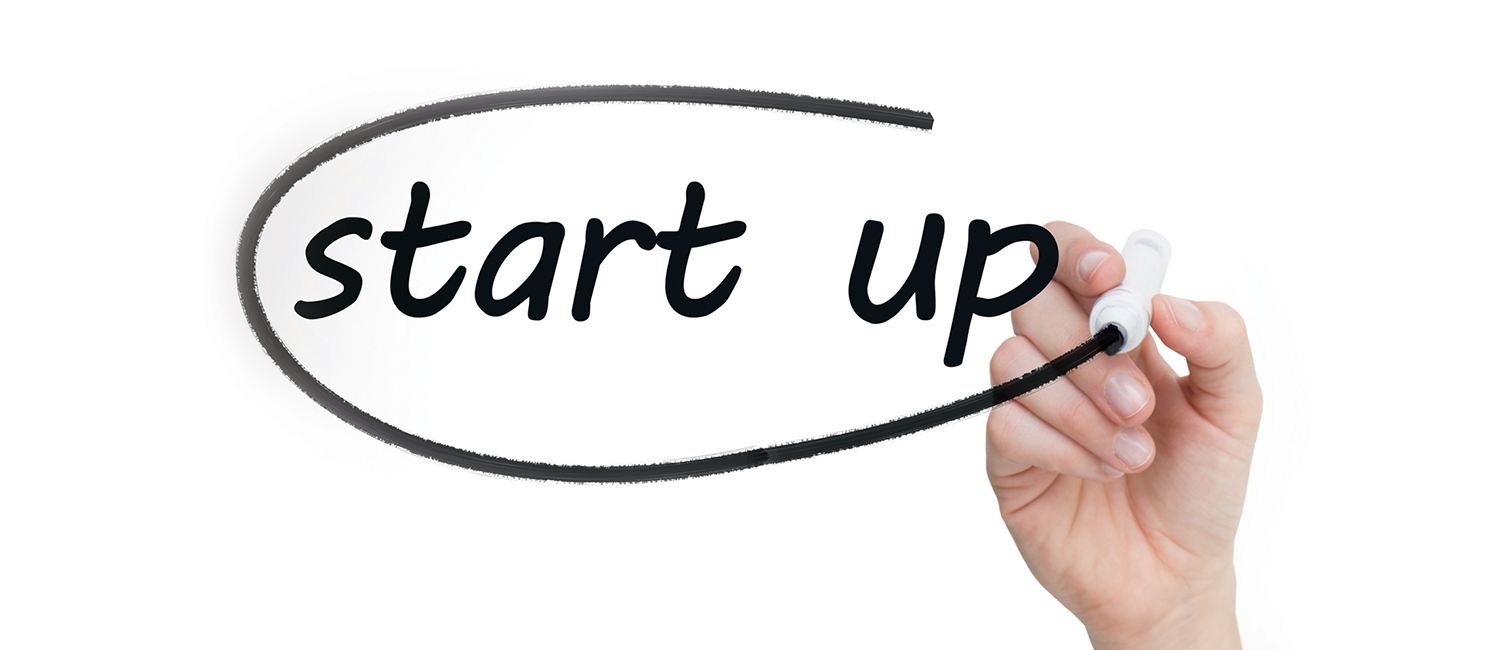
Federal program taps UWM to grow startups
Starting a business and doing academic research both involve experimentation and gathering data. So why don’t more university researchers participate in startup companies?
They need to make a different kind of discovery by probing the minds of potential customers and businesspeople.
Making these vital conversations happen is the goal of the I-Corps program launched by the National Science Foundation. UW-Milwaukee joined 35 other I-Corps sites across the country in 2014 to recruit and train academic teams regionally.
I-Corps attracts faculty members, graduate students and business mentors associated with five area universities to unite behind a research-inspired idea and learn to speak “business.” Marquette, Concordia, the Medical College of Wisconsin and Milwaukee School of Engineering participate in the UW-Milwaukee-based I-Corps program.
The goal is to coach 90 entrepreneurial teams in southeastern Wisconsin by fall 2017.
The deep customer-discovery process is the hallmark of the program, said Steve Visuri, a member of Wisconsin’s Golden Angels Investors network who participated in I-Corps with his startup company, FloraSeq LLC.
“We had to get out of the building and talk to investors and, ultimately, buyers,” he said. “But also, we learned how to put the questions to them in a way that would get an unbiased answer.”
Instructors guide teams on a marathon of interviews, find them mentors and link them to sources of early-stage funding. Once they’ve found the right data, teams can decide whether to proceed. Next steps could include licensing their technology, applying for federal funding, launching their venture or even starting over.
In I-Corps’ first six months at UW-Milwaukee, 19 teams had completed the training, and most decided to continue their quest to commercialize.
“The increased activity that comes from I-Corps will help southeastern Wisconsin gain a reputation for commercializing innovation,” said Brian Thompson, president of the UWM Research Foundation, which is coordinating the effort.
More than 1,000 teams nationwide have received training through I-Corps, and many went on to earn additional federal seed funding through the NSF Small Business Innovation Research or Small Business Technology Transfer programs.
Most budding entrepreneurs don’t talk to enough people who may use the product before writing a business plan. It’s been like that for decades, said James Hunter, Bostrom Entrepreneur-in-Residence at the Lubar School of Business and a serial entrepreneur since the 1970s.
“The whole idea with the lean startup methodology of I-Corps is, you find out what the customer wants before you spend a lot of money on developing the idea further,” Hunter said.
“You may find your initial idea wasn’t as good as you thought.”